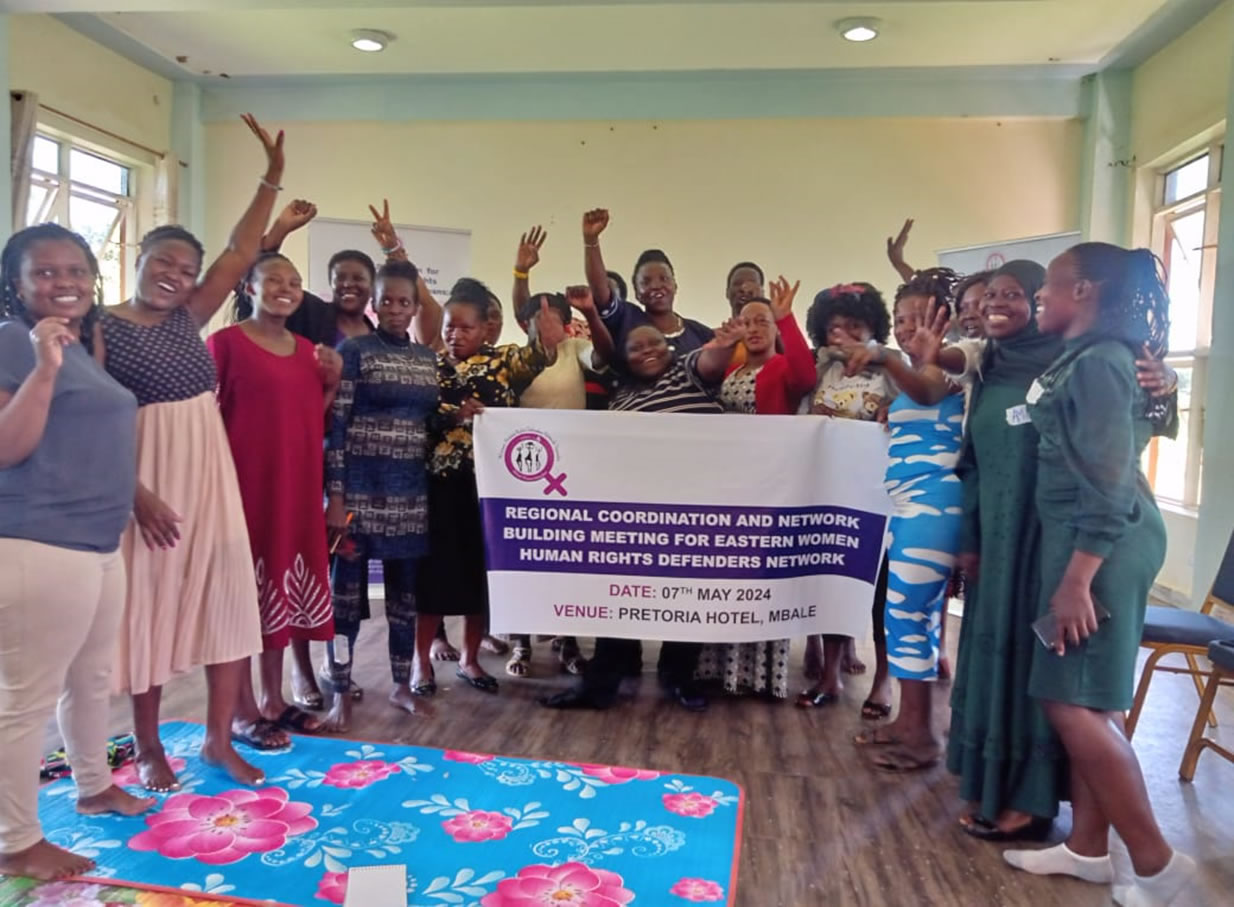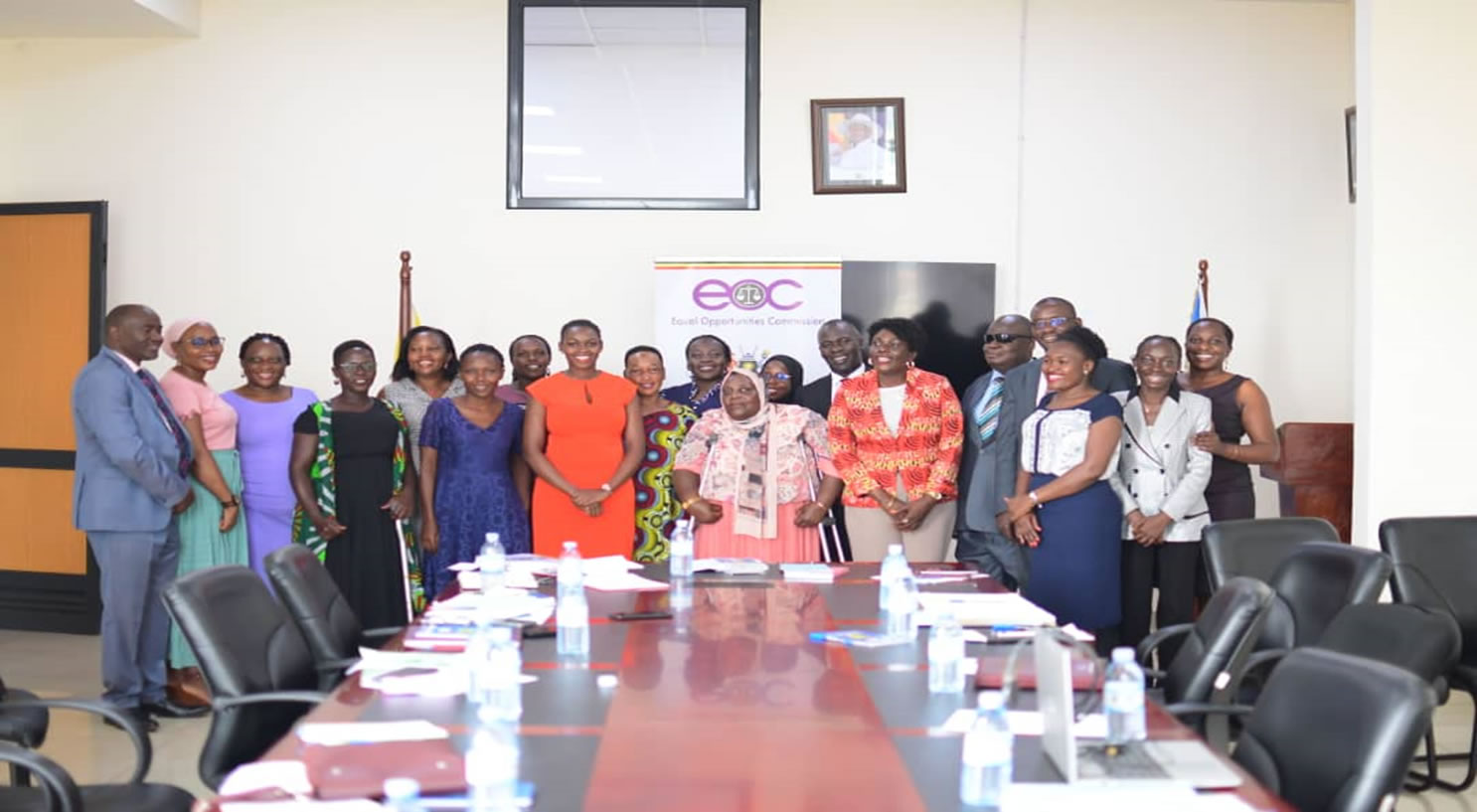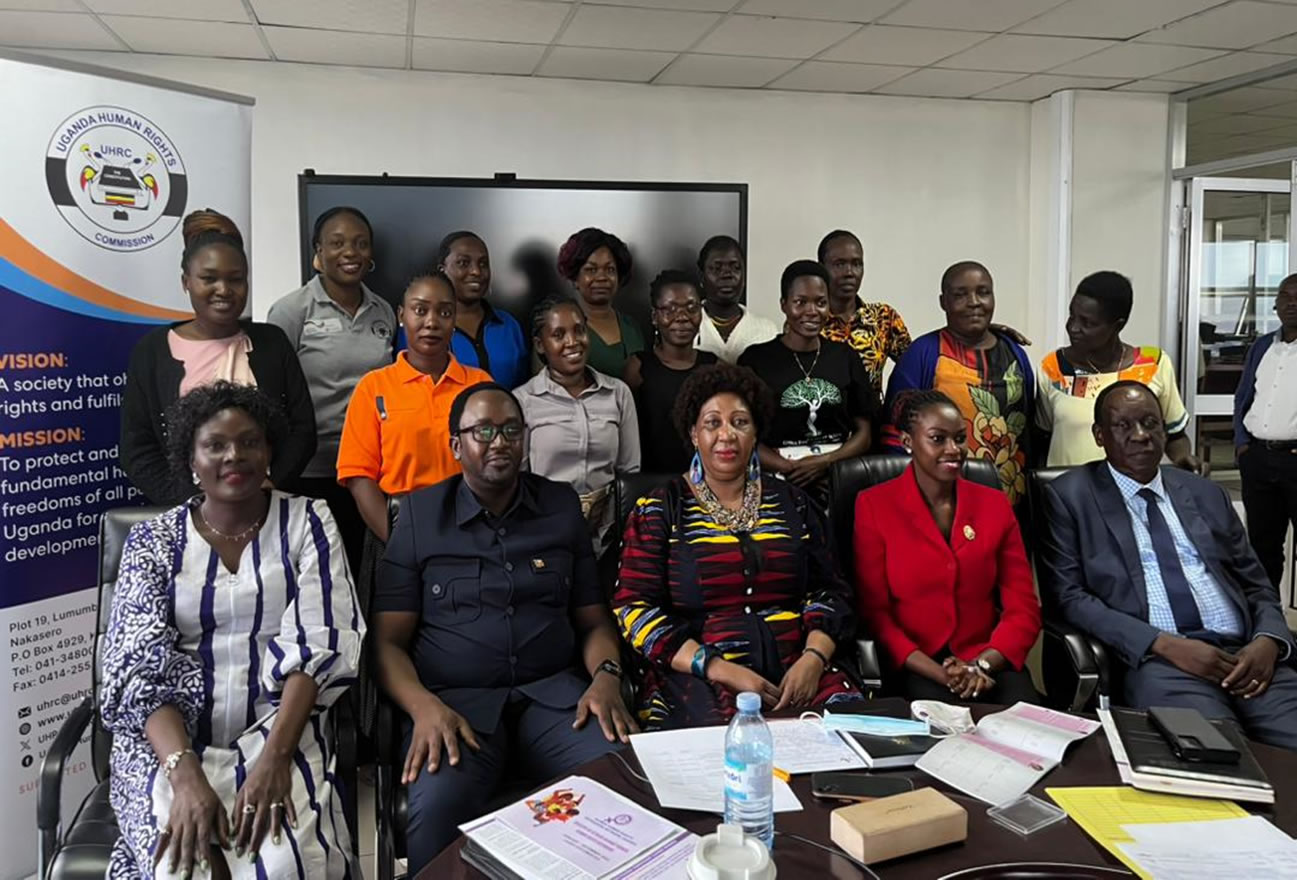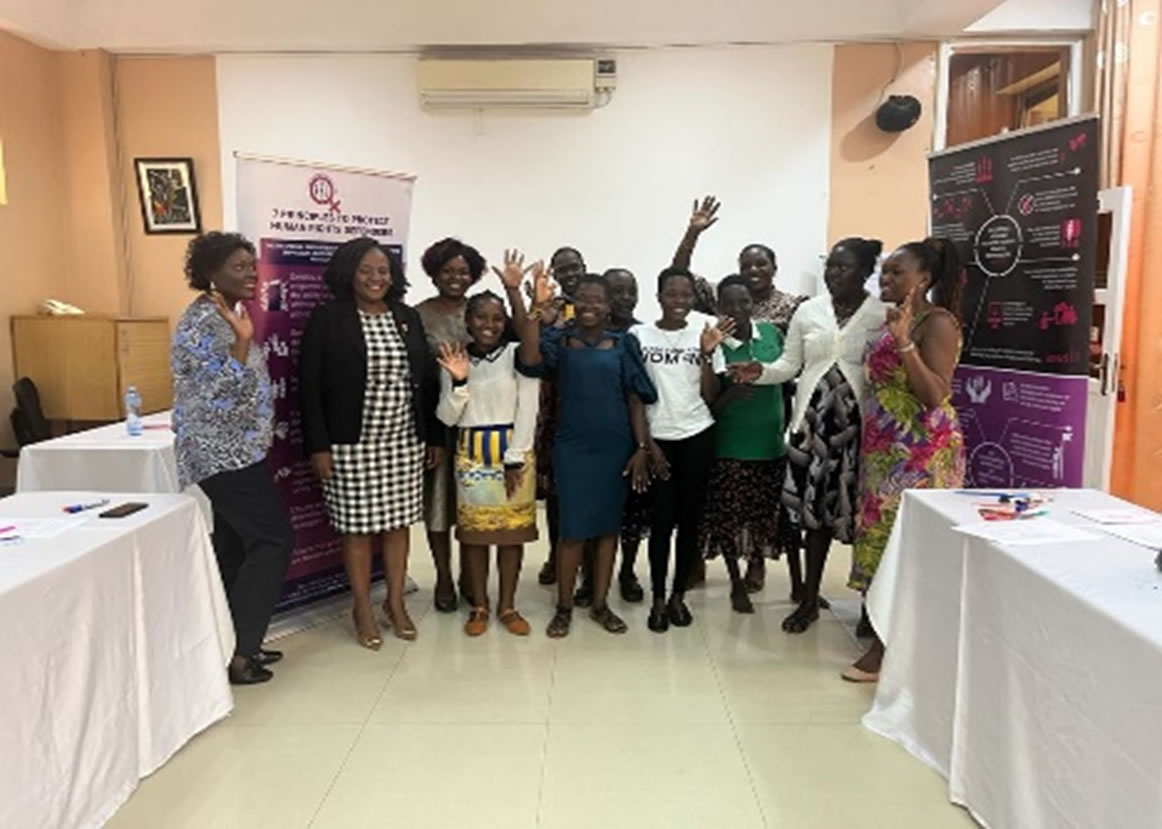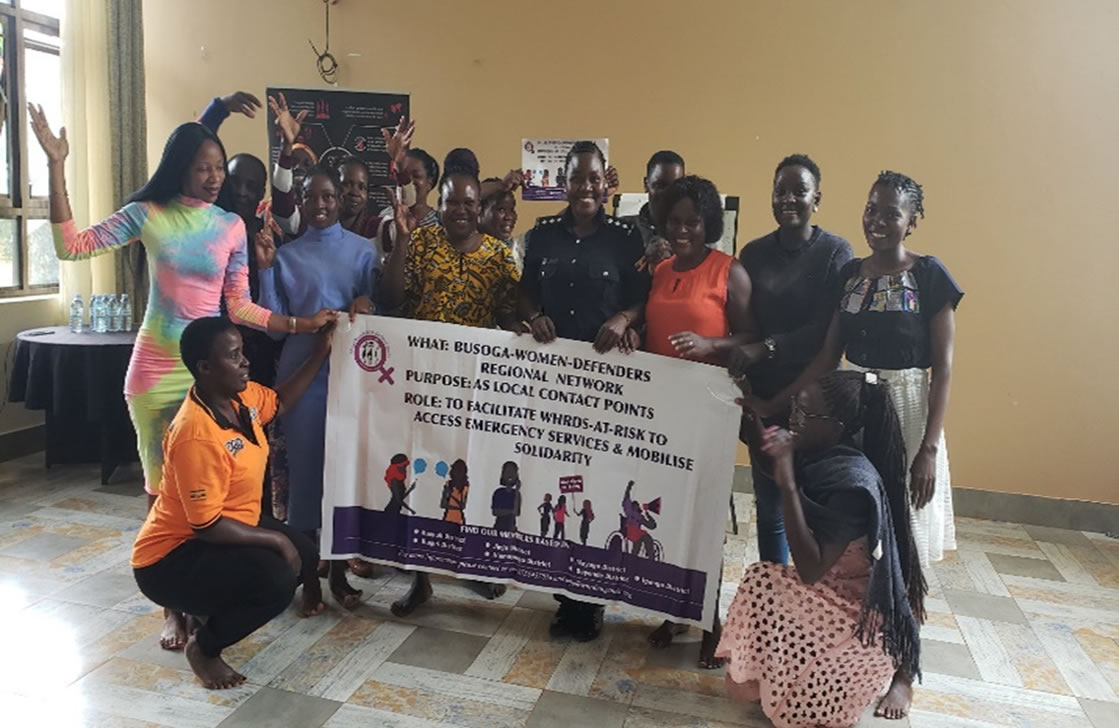In a significant step towards strengthening the protection of Women Human Rights Defenders (WHRDs) in Uganda, a regional coordination meeting was held in January 2024 at Belmont Villa Hotel, Mbale. The gathering brought together 15 courageous women from across the Bukedi sub-region, all united by their commitment to advocating for human rights, despite the numerous threats they face due to their gender and activism.
The meeting provided a platform for these defenders to share their experiences, learn vital skills in documenting attacks, and strategize on enhancing their safety. The participants—facing risks such as online harassment, physical assault, and intimidation—discussed the challenges they endure and the urgent need for a unified response to safeguard their work.
The meeting’s success lies in its ability to raise awareness about the unique and intersectional struggles faced by marginalized WHRDs, especially those from Key population communities or with disabilities. It also focused on the contributions of defenders who are tirelessly working against issues like gender-based violence, female genital mutilation, and land grabbing, yet often go unrecognized.

With solidarity and a strong commitment to collective action, the WHRDs present outlined strategies for building a robust regional network. They agreed on the importance of collaboration, confidentiality, and sustained communication to address human rights violations, offering a safe space for their voices to be heard.
This meeting was a pivotal moment for women defenders in the Bukedi region, who now have an empowered network of support. As these WHRDs continue their crucial work, they are committed to identifying new allies, expanding their efforts, and fostering an environment where their safety is prioritized, and their contributions are celebrated.
The way forward is clear: by identifying and supporting new WHRDs, and sharing best practices across the region, these defenders will continue to build a safer, more just society for all.
